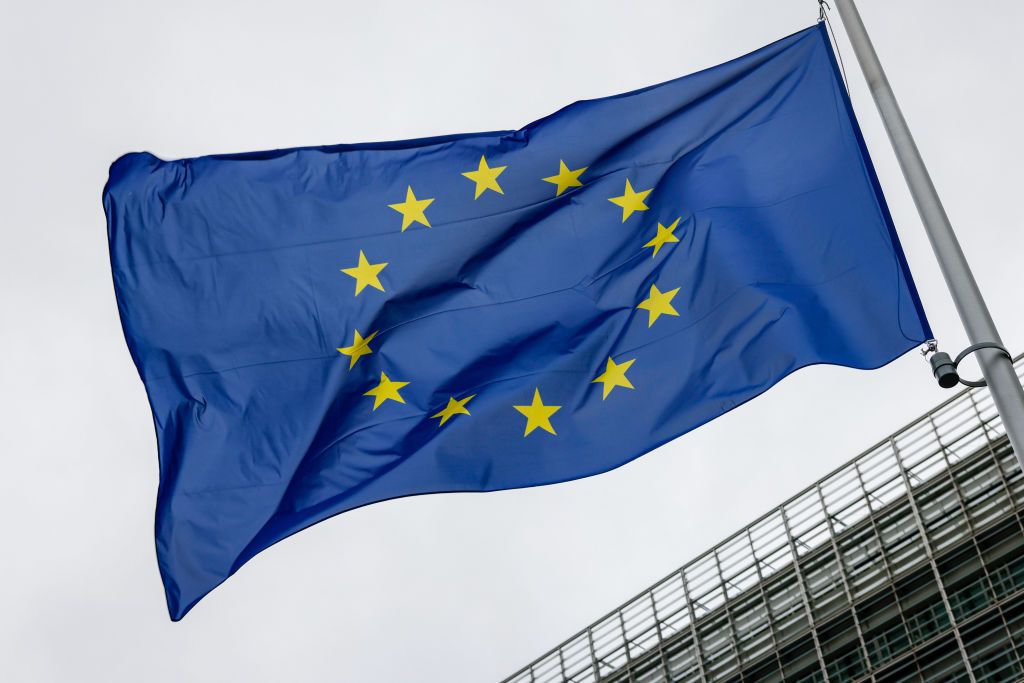The European Council has approved a law on the prosecution of violations or circumventions of EU sanctions, particularly those against Russia. The directive defines actions such as helping to bypass travel bans, trading in sanctioned goods, and performing prohibited financial activities as criminal offenses punishable by up to five years in prison. Those who violate EU sanctions can also face fines, disqualification of business activities, and the withdrawal of permits and authorizations. The directive will come into force 20 days after publication in the EU’s Official Journal, with member states having 12 months to implement it into national legislation. The EU has already imposed 13 sanctions packages in response to Russia’s invasion of Ukraine, including trade restrictions, travel bans, and asset freezes.
However, there have been concerns about inconsistencies in the enforcement of sanctions across EU member states, leading to a practice known as “forum shopping” where violators choose jurisdictions with weaker enforcement. European Parliament member Sophie in ‘t Veld emphasized the need to catch offenders who benefit from the Russian invasion and called for an end to forum shopping. The EU is preparing a 14th sanctions package against Russia to be adopted in the spring, as announced by Commissioner Valdis Dombrovskis at a conference on the European Parliament’s legacy for the sanctions regime.
The new law aims to strengthen the prosecution of individuals and entities that engage in activities to violate or circumvent EU sanctions, particularly those imposed on Russia. The directive specifies actions such as aiding, abetting, and inciting others to bypass sanctions as criminal offenses, punishable by prison sentences and fines. It also holds legal entities accountable for violations committed by individuals in leading positions within the organization, potentially resulting in the disqualification of business activities and the withdrawal of permits. With the directive set to enter into force soon, member states are expected to align their national legislation with the new regulations within the specified timeline.
The EU has taken a strong stance against Russia’s actions in Ukraine by imposing multiple sanctions packages, including trade restrictions, travel bans, and asset freezes. The latest directive provides a unified approach to prosecuting violations of EU sanctions, with consistent definitions and penalties across member states. By addressing forum shopping and strengthening enforcement mechanisms, the EU aims to deter individuals and entities from engaging in activities that undermine the effectiveness of sanctions. The upcoming 14th sanctions package against Russia demonstrates the EU’s commitment to maintaining pressure on the aggressor and supporting Ukraine in its fight for sovereignty and territorial integrity.
The fight against violations and circumventions of EU sanctions is a crucial aspect of the collective effort to uphold international law and support Ukraine in the face of Russian aggression. The new directive represents a significant step in enhancing the legal framework for prosecuting offenders and ensuring accountability for those who seek to undermine the impact of sanctions. By implementing consistent definitions and penalties, the EU aims to prevent individuals and entities from evading sanctions through illicit activities. The forthcoming 14th sanctions package against Russia further demonstrates the EU’s determination to hold the aggressor accountable and stand in solidarity with Ukraine in its struggle for peace and security. As member states work to adopt the new regulations into their national legislation, the EU continues to strengthen its commitment to upholding the rule of law and defending the principles of democracy and sovereignty in the region.


